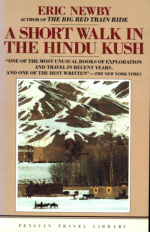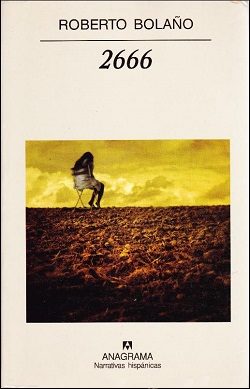Green Squall
Well-known member
When it comes to zombie novels, most are corny, lame and predictable. Its pretty rare to find a good one, so I can highly recommend the "Surviving the Dead" Series by James Cook. Reading book 9 now.
https://www.amazon.com/Surviving-the-Dead-9-book-series/dp/B07JDGJ9LB
https://www.amazon.com/Surviving-the-Dead-9-book-series/dp/B07JDGJ9LB




